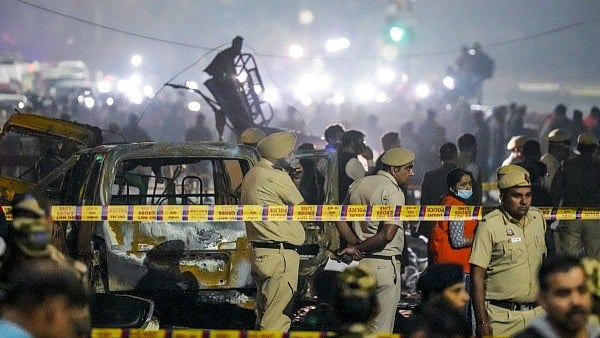Mumbai: The Mumbai city civil court has set aside the order passed by the Competent Authority against Mumbai Grahak Panchayat (MGP), which had declared the consumer organization an unauthorized occupant of a municipal property earmarked for redevelopment under the market development program.
The organisation, which claims to serve over 30,000 beneficiaries, argued that it required permanent status in the property and could not be treated as a licensee instead of a lessee.
Competent Authority Criticised for Ignoring Key Records
The court criticized the Competent Authority for failing to exercise its powers to call for key documents from the MCGM and for ignoring crucial records supplied to the appellant under the RTI Act.
“The Competent Authority failed to appreciate the facts and circumstances in proper perspective and brushed aside important documents by merely saying that they are unsigned, without considering that the MCGM failed to explain the genesis and authenticity of these documents. In such circumstances, the impugned order requires interference.”
Lease Valid Till 2030, Not Expired in 1996
The Principal Judge of the Sessions Court observed: “Certainly, an organization which alleges to be serving more than 30,000 beneficiaries would require some permanent status in the property and that cannot be faulted with it being labeled as ‘non-cooperative.’ Thus, the action appears to have been initiated to assist the developer more than the MCGM. In such circumstances, there is no proper termination of the lease. The contention that the lease expired in 1996 cannot be accepted, nor can the ground of requirement of premises and alleged non-cooperation by the appellant for redevelopment. Hence, the claim that the appellants are unauthorized occupants cannot be accepted.”
The appeal was filed against the 2023 order that had allowed the MCGM to evict MGP from the leased property. According to the MCGM, the appellants were given the premises at Grahak Bhavan, Sant Dnyaneshwar Marg, behind Cooper Hospital, on lease in 1985.
The civic body claimed that the lease expired in 1996, with no extension thereafter, making the appellants unauthorized occupants. The MCGM further contended that the property was required for the construction of a market and that the appellants failed to cooperate in the redevelopment process despite being given an option to do so.
In response, the appellants stated that the premises were given on a lease of 10 years with an extension of another 10 years. In 2004, an extension was granted for 30 years from 2001, making the lease valid until 2030.
“Under pressure from the developer, the appellants are being evicted illegally and improperly. Considering these facts, they cannot be termed unauthorized occupants, and the proceedings are flawed with material discrepancies,” their plea read.
MCGM Accused of Acting in Developer’s Favour
The court, in its detailed judgment, held that the MCGM failed to prove termination or non-renewal of the lease, as no documentary evidence supported its claim.
Relief for Consumer Body Serving 30,000 People
“Records show that the appellant’s area was excluded from the original redevelopment plan, indicating that the lease continued during the proposal stage. Later inclusion of the plot appears to have been suggested by the developer, with the MCGM acting only as an intermediary. Questions arise on how the Municipal Commissioner allowed renewal in 2004 without placing it before the Improvement Committee and how official documents supporting renewal came into existence. If the occupation since 1996 was unauthorized, no action against officials has been explained. The appellant, serving over 30,000 beneficiaries, required permanent status and cannot be faulted for insisting on terms. Thus, allegations of non-cooperation and unauthorized occupation are untenable, and MCGM’s actions appear to favor the developer rather than follow due process.”
Also Watch:

Consequently, the impugned order was quashed and set aside, giving major relief to the consumer organization.








